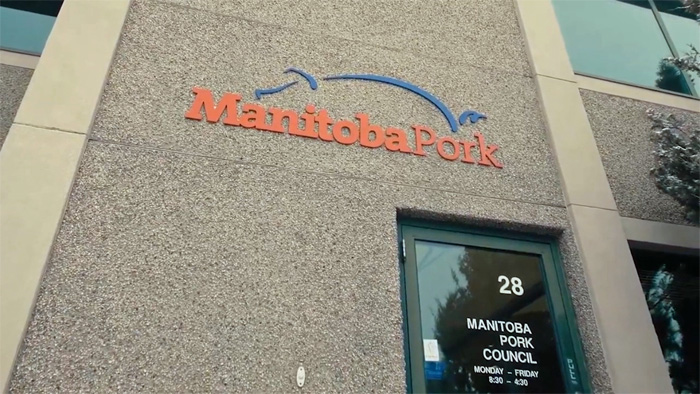Manitoba’s pork producers are calling on the federal government to replace its policy of taxing farmers to stimulate decreased fossil fuel use with one where incentives are offered to stimulate the adoption of environmentally sustainable practices and technologies.
Cam Dahl, the General Manager of Manitoba Pork, suggests the federal carbon tax been ineffective in reducing fossil fuel use and has actually made it harder for farmers to afford to adopt new innovations.
The objective of the carbon tax is to encourage people to use less fossil fuels but that’s not really possible if you’re heating a barn. It’s not a discretionary cost. It’s not something you can choose to do less of so really what this means is that has just been another added cost to the bottom line and again, it’s been difficult for a couple of years and farmers can’t afford to have additional costs added to their balance sheet and that’s really what has happened.
At the same time, we’re competing in international markets and our prices are set in international markets and our competitors don’t face this cost. We have a government policy that isn’t accomplishing its goals because it’s not reducing the use of fossil fuels and at the same time it’s making Canadian farmers, Canadian hog producers less competitive internationally. It’s a double shot and there are better ways of moving to more environmentally sustainable practices and the carbon tax is not the right way for agriculture.
Cam Dahl, Manitoba Pork
Dahl suggests we should be looking at ways of incentivizing the adoption of new environmentally sustainable practices and reducing the associated risks for farmers. He says that would encourage the adoption of practices that are more environmentally sustainable while reducing farmers’ costs, not increasing them.





